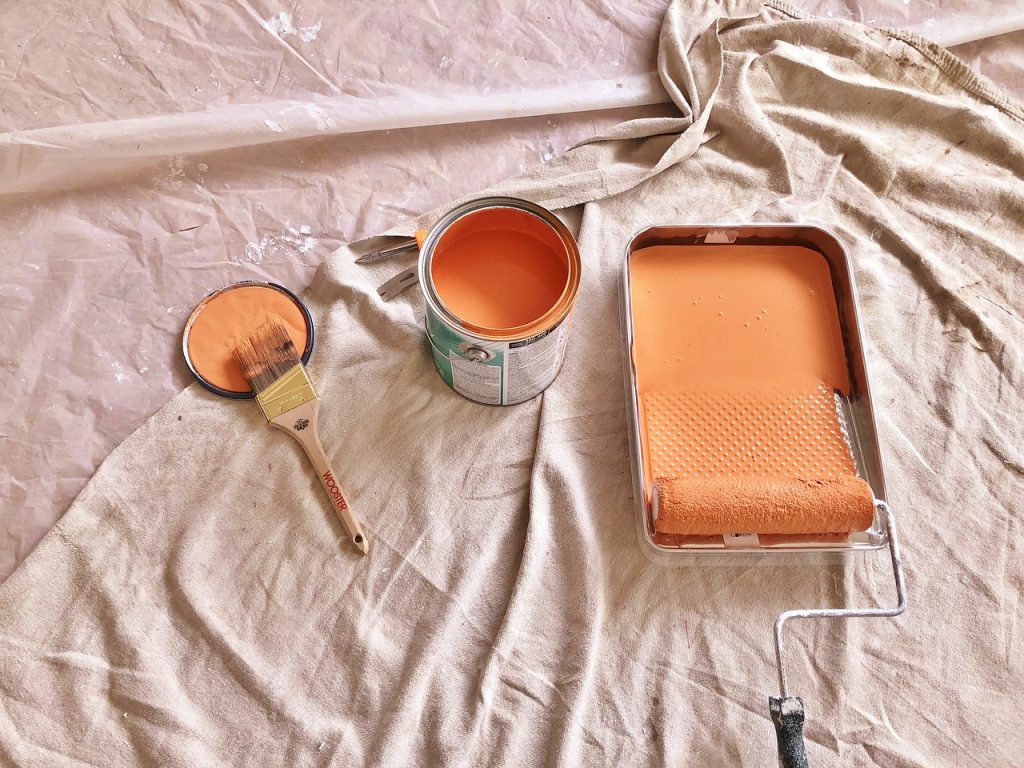Sacramento Home Improvements as Tax Deductions?

Tax time is still several months away, but if you’re looking for deductions, the clock is ticking. While we don’t suggest getting too creative (nobody wants an audit, after all) and we also strongly suggest talking any deduction over with your accountant or tax professional, there are some improvements you can make to your home that might cushion the blow when April 15 rolls around.
What Counts as Home Improvement?
As a homeowner, home improvements come in all shapes and sizes. It could be something as small as New Window new plumbing fixtures and a New Window new toilet installation for your guest bathroom. But when it comes to making improvements that are tax-deductible, the rules are much narrower. Generally speaking, according to New Window Nolo, home improvements typically fall under nondeductible personal expenses. But there are some exceptions, so let’s dig a bit deeper.
Home Improvements and Tax Basis
Let’s say you purchased your Sacramento home for $249,000. These days, that home is probably worth closer to $400,000 on average, so if you decide to sell, you would theoretically be looking at a profit of $151,000. But the investments in your home — a remodeled kitchen here, a new water heater there — cut into that profit, ensuring you’d pay less in taxes on the sale. Just bear in mind that later improvements effectively cancel earlier ones out; if you’ve been in your home long enough to replace the roof twice, for instance, you can’t double-dip.
Business Deductions and Your Home
Where there’s less of a gray area is when you get into home improvements for profit. There are two common use cases for this type of home improvement.
Home Office Tax Deductions
If you have a legitimate business and a part of your home is dedicated solely to that business, the improvements made to that space are tax-deductible. Installing built-in shelving and organization solutions? Those are deductible. New Window Extending heating and cooling to condition the space? The portion of the system that’s conditioning your office space is deductible, so if 20% of your home is your home office, 20% of a new furnace installation in Sacramento is deductible.
Home Rental Deductions
If you’re renting out an entire home, the tax rules surrounding improvements are different; we’ll take those up another time. Here, we’re only talking about the times when you’re renting out a portion of your home. An example would be a basement apartment with a separate entrance or an in-law suite that’s being rented to a roommate or family member. The rules for tax deductions, in this case, are very similar to what they’d be if you were writing off improvements for a home office. Improvements made to your space (your living room, kitchen, bathroom, and the like) wouldn’t count toward deductions. However, any improvements that cover the rented area can be written off either in part (as above) or in whole if the improvement covers only the rented area, such as a separate furnace or a new stove in the apartment.
Non-Business Tax Credits
If you’re one of the majority of Californians who aren’t using their homes for business, you’re not left out in the cold. Your options for tax deductions may be fewer, but it’s important to remember that there are state and federal energy efficiency tax credits you can — and should — take full advantage of. If you have questions, or if you need help with those appliances and their installation, give a call to Contact New Window Ace Plumbing Heating and Air Conditioning today!



